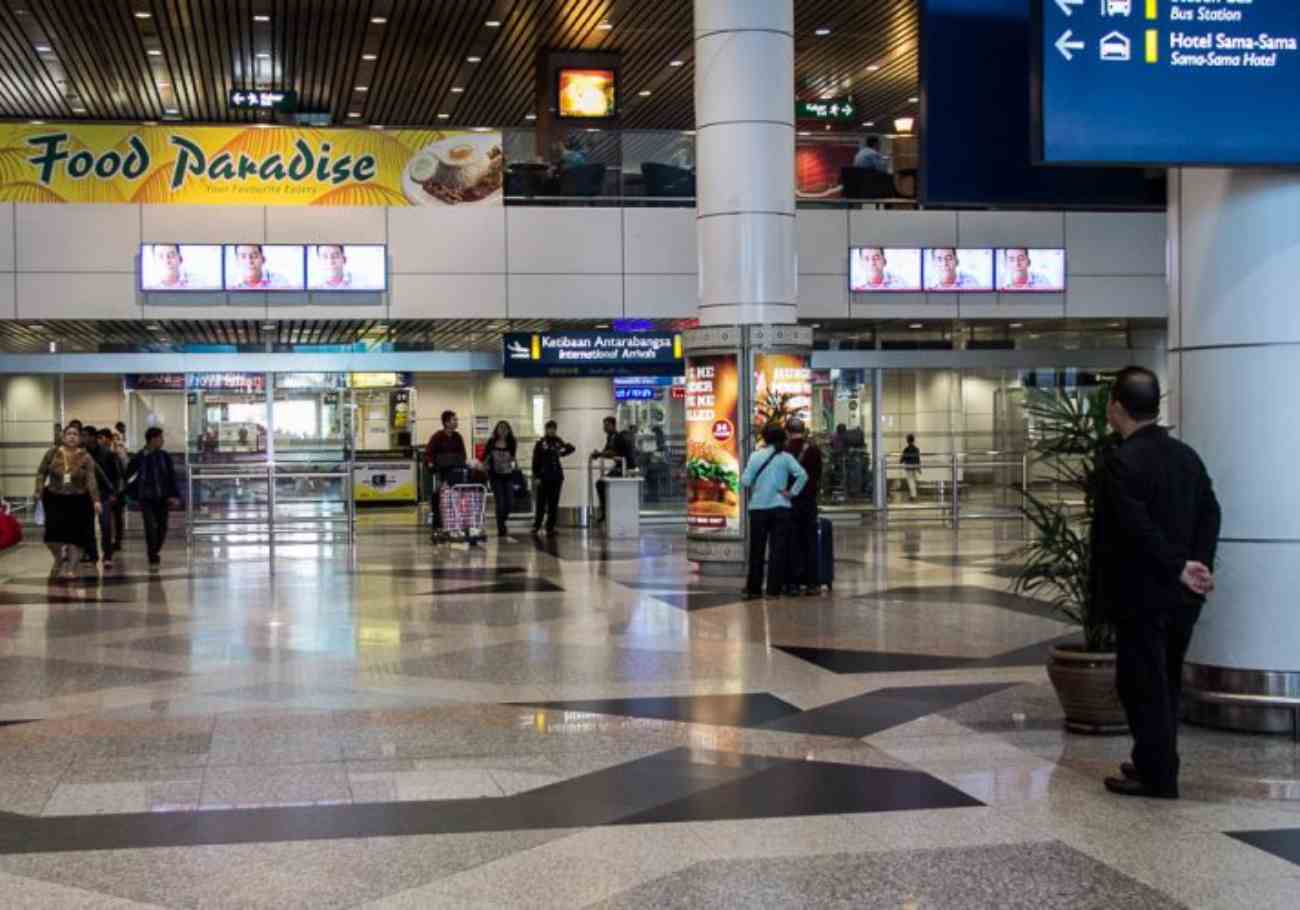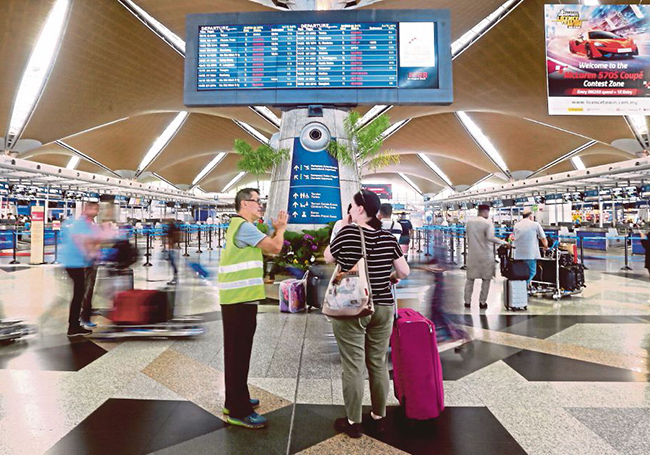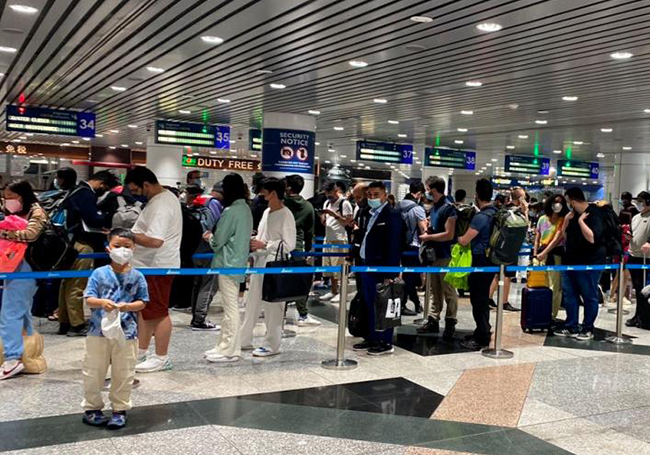
The Malaysian Aviation Commission (Mavcom) has announced changes to passenger service charges (PSC) for departures and transfers at all Malaysian airports, effective June 1st, 2024.
These revisions will remain in place until December 31st, 2026.
Streamlined rates for international passenger

A key change is the unification of separate PSC structures for ASEAN and beyond-ASEAN travel into a single international departure PSC.
Passengers departing from KLIA Terminal 1 for international destinations will now pay RM73, while those departing from KLIA Terminal 2 and other airports will pay RM50.
Previously, the PSC varied depending on the destination being within or beyond the ASEAN region.
The domestic departure PSC remains unchanged at RM11 for all airports except Senai International Airport.
Mavcom has introduced a new transfer PSC, applicable to passengers connecting flights within Malaysia.
This fee will be RM7 for domestic transfers and vary for international transfers depending on the departure terminal at KLIA.
Passengers transferring internationally through KLIA Terminal 1 will pay RM42, while those using KLIA Terminal 2 or other airports will pay RM29.
Balancing interests and promoting recovery

“The revised PSC is a cornerstone of our strategy to support consumer welfare, industry recovery, and airport financial stability,” said Mavcom Executive Chairman Datuk Seri Saripuddin Kasim.
The commission emphasises that these rates were determined with stakeholder feedback in mind, aiming to balance affordability for passengers with the need for a sustainable aviation sector.
The complete details of the revised PSC structure can be found on the Mavcom website (www.mavcom.my).
Passengers are encouraged to visit the website for a more comprehensive understanding of these changes and how they may impact their travel costs.
By streamlining PSC structures and introducing transfer fees, Mavcom aims to create a more predictable and efficient system for airport charges in Malaysia.
This revision seeks to foster a healthy aviation environment that benefits both passengers and the industry.










